One of the late Whitney Houston’s hit singles was ‘One moment in time’, which she sang live at the opening ceremony of the 1988 Olympic Games in Seoul. The lyrics (by Albert Hammond and John Bettis and © Warner Chappell Music) include the words:- ‘I want one moment in time, when I'm more than I thought I could be’; which refer of course to that one moment in time where the athlete’s preparation and training results in the best performance of which they are capable.
I remember my first visit to Paris in 1972, which was a birthday treat both from and with my godfather. Apart from going up both the Eiffel tower, and the north tower of Notre-Dame, I particularly remember the large metal doors or barriers that were at the entrance to the metro plaforms at that time, which were called ‘portillion automatiques’.
They were safety features which closed at the approach of an oncoming train, partly designed to avoid the rush onto the trains whilst disembarking passengers were stepping out of the carriages; and there was of course, that moment in time past which it was unwise to try and squeeze through the closing door, for fear of being comprehensively squished.
So, what have these two examples of particular ‘moments in time’ got to do with us as a church community near the beginning of September?
Well apart from finding ourselves at the beginning of another academic year, where perhaps new chapters of the learning sequence begin, or indeed a change of schools or going to university happens; we all, I think, recognise that the Christian life gives to us various moments of awareness or inspiration – which some might call ‘epiphany’ moments.
I remember my first visit to Paris in 1972, which was a birthday treat both from and with my godfather. Apart from going up both the Eiffel tower, and the north tower of Notre-Dame, I particularly remember the large metal doors or barriers that were at the entrance to the metro plaforms at that time, which were called ‘portillion automatiques’.
They were safety features which closed at the approach of an oncoming train, partly designed to avoid the rush onto the trains whilst disembarking passengers were stepping out of the carriages; and there was of course, that moment in time past which it was unwise to try and squeeze through the closing door, for fear of being comprehensively squished.
So, what have these two examples of particular ‘moments in time’ got to do with us as a church community near the beginning of September?
Well apart from finding ourselves at the beginning of another academic year, where perhaps new chapters of the learning sequence begin, or indeed a change of schools or going to university happens; we all, I think, recognise that the Christian life gives to us various moments of awareness or inspiration – which some might call ‘epiphany’ moments.
We may make an intuitive connection with various events or circumstances that give a wider perspective on life; and in that moment in time, the opportunity comes to make a change to the way we think or act. Do we grasp the nettle and obey the nudge which God has given us; or do we let the moment pass, citing some vague or dismissive reason why we should not make a change as an individual, or indeed wait (or prevaricate) until we are all collectively aware so the change is uniform?
In a book attributed to the seventeenth century French Jesuit priest Jean Pierre de Caussade (‘Abandonment to the Divine Providence’), reference is made to the ‘Sacrament of the Present Moment’ – that space of time where our duties in the present moment may indeed hide the divine operation at work in our backgrounds.
And in a particular meditation, John Donne, erstwhile Dean of St Paul’s cathedral, reminds us that we have each been created with specific gifts from God - which giftings are our individual task to discern, develop and act upon, that our assigned part in God’s kingdom may be taken.
It is perhaps a sad observation in my own life, as well in other circumstances in the world – that our fullness of capabilities and the fullness of our part to play in God’s kingdom – may be blocked or diverted from, through our own lack of understanding and awareness.
Spirituality, as opposed to religion, is sometimes referred to as a science of subtraction. We often try to fill our lives with busyness, trying to do this and that, according to what prevailing circumstances or professional or social conventions dictate. It is known as the Martha syndrome!
In a book attributed to the seventeenth century French Jesuit priest Jean Pierre de Caussade (‘Abandonment to the Divine Providence’), reference is made to the ‘Sacrament of the Present Moment’ – that space of time where our duties in the present moment may indeed hide the divine operation at work in our backgrounds.
And in a particular meditation, John Donne, erstwhile Dean of St Paul’s cathedral, reminds us that we have each been created with specific gifts from God - which giftings are our individual task to discern, develop and act upon, that our assigned part in God’s kingdom may be taken.
It is perhaps a sad observation in my own life, as well in other circumstances in the world – that our fullness of capabilities and the fullness of our part to play in God’s kingdom – may be blocked or diverted from, through our own lack of understanding and awareness.
Spirituality, as opposed to religion, is sometimes referred to as a science of subtraction. We often try to fill our lives with busyness, trying to do this and that, according to what prevailing circumstances or professional or social conventions dictate. It is known as the Martha syndrome!
But we can effect change on ourselves. Firstly, there is the need with the help of God’s grace, to strip back the negative elements within ourselves that are so corrosive to our characters and the inner soul, and which prevent the simple act of listening to God’s voice of love.
Secondly, within that same openness to God’s grace within our lives – there is that need to return to the innocence of the Garden of Eden - that sense of extracting ourselves from the worldly matrix that would seduce us into believing false facts, and distracting us from His work of love – that we might find within ourselves that immanent presence of Emmanuel, God with us, and God within us. So, in the moment in time in which we are reading this; perhaps we may thank God that He has plans to prosper us – to give us hope and a future (Jer. 29: 11) – and indeed to make us ‘more than we thought we could be.’
Secondly, within that same openness to God’s grace within our lives – there is that need to return to the innocence of the Garden of Eden - that sense of extracting ourselves from the worldly matrix that would seduce us into believing false facts, and distracting us from His work of love – that we might find within ourselves that immanent presence of Emmanuel, God with us, and God within us. So, in the moment in time in which we are reading this; perhaps we may thank God that He has plans to prosper us – to give us hope and a future (Jer. 29: 11) – and indeed to make us ‘more than we thought we could be.’
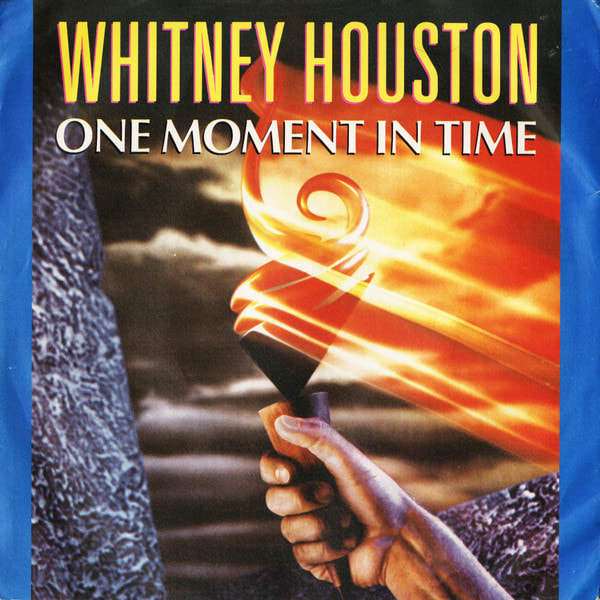
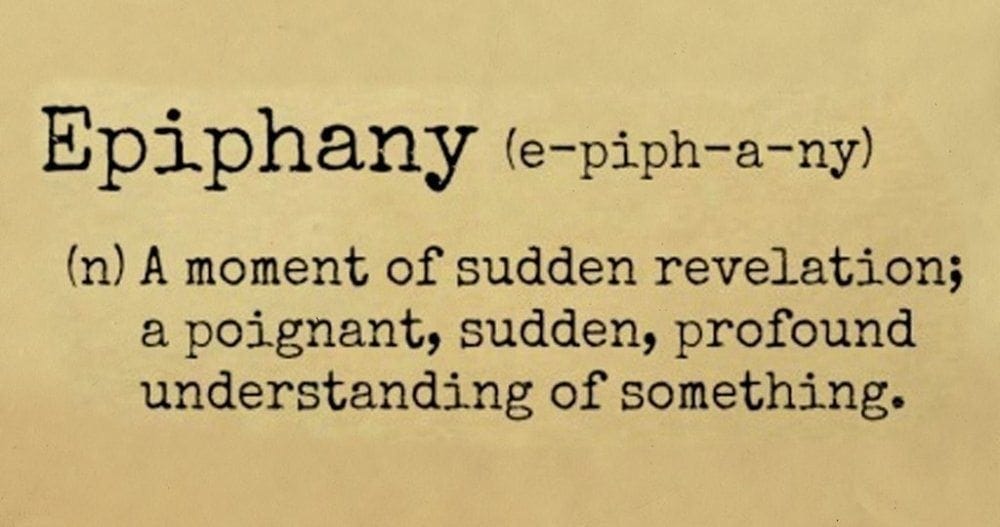
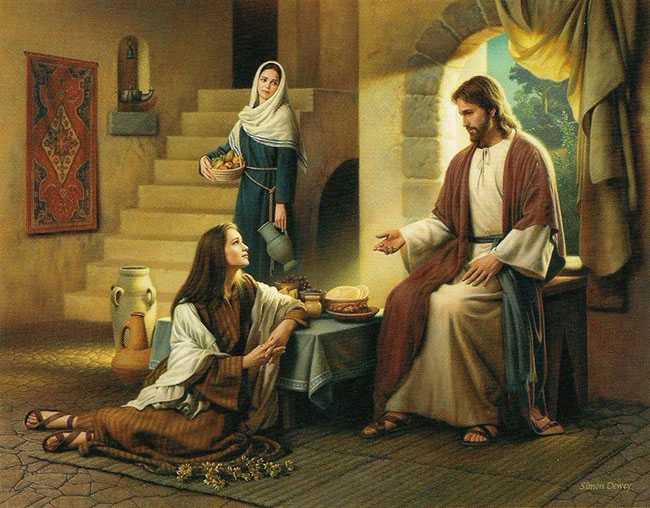
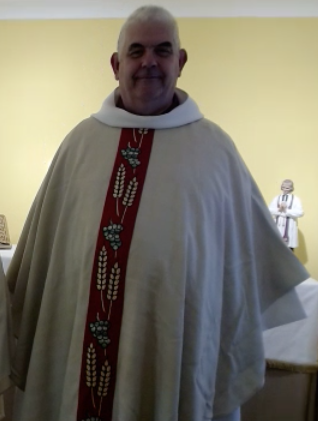

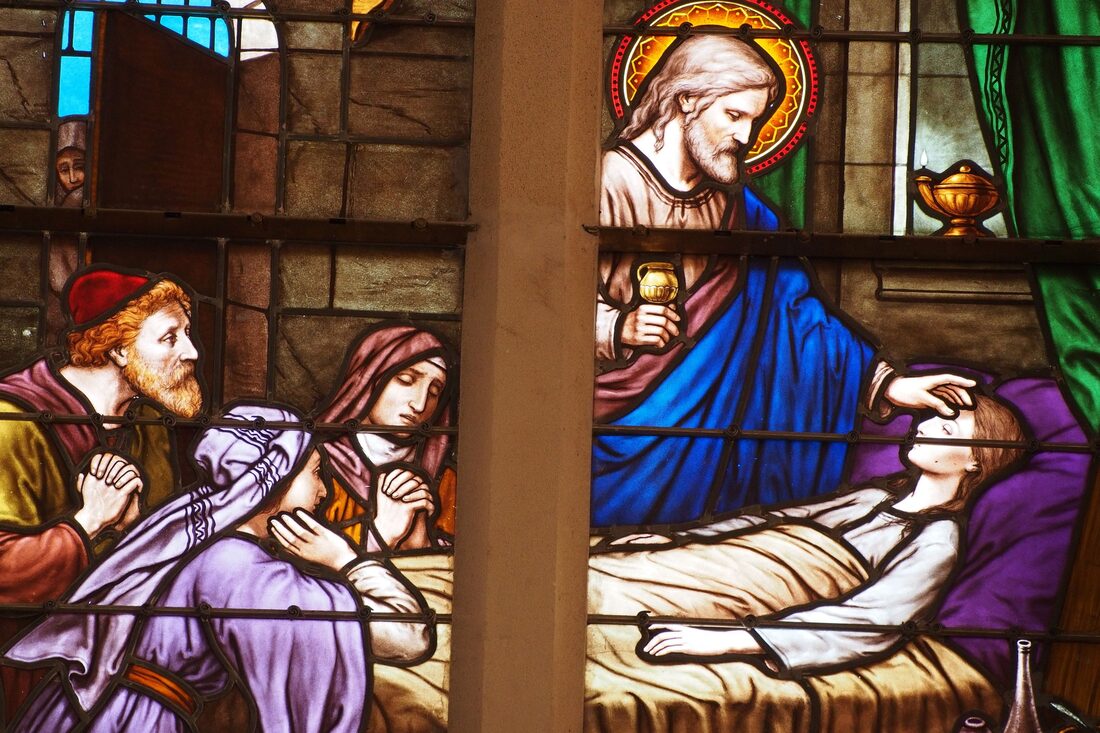
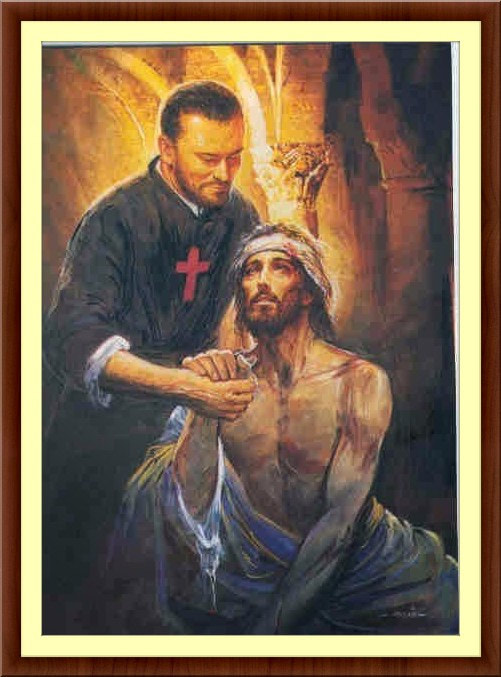
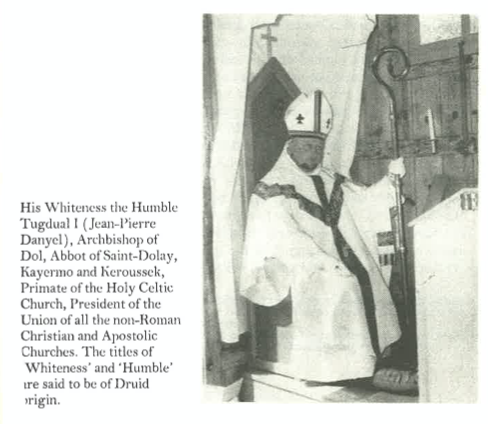
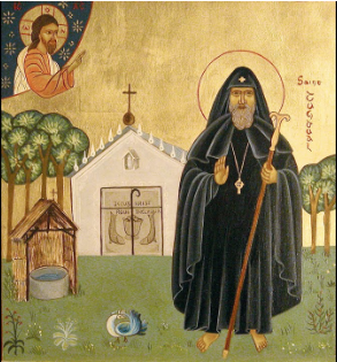
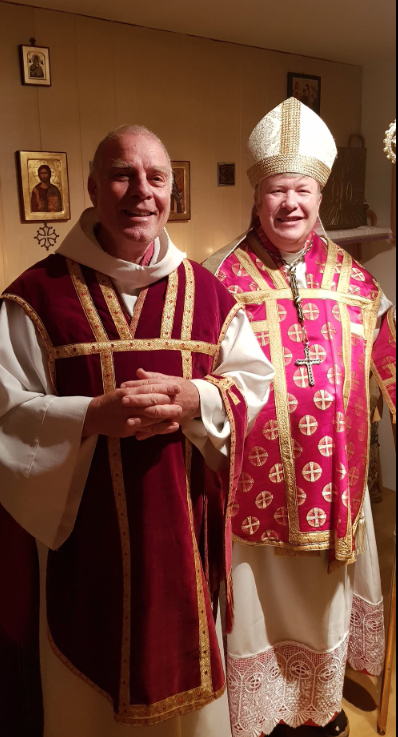
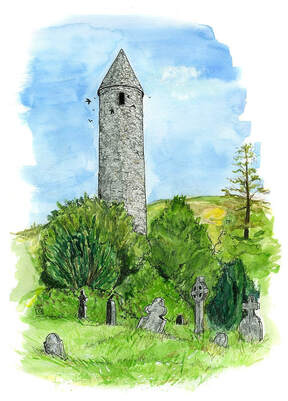
 RSS Feed
RSS Feed
